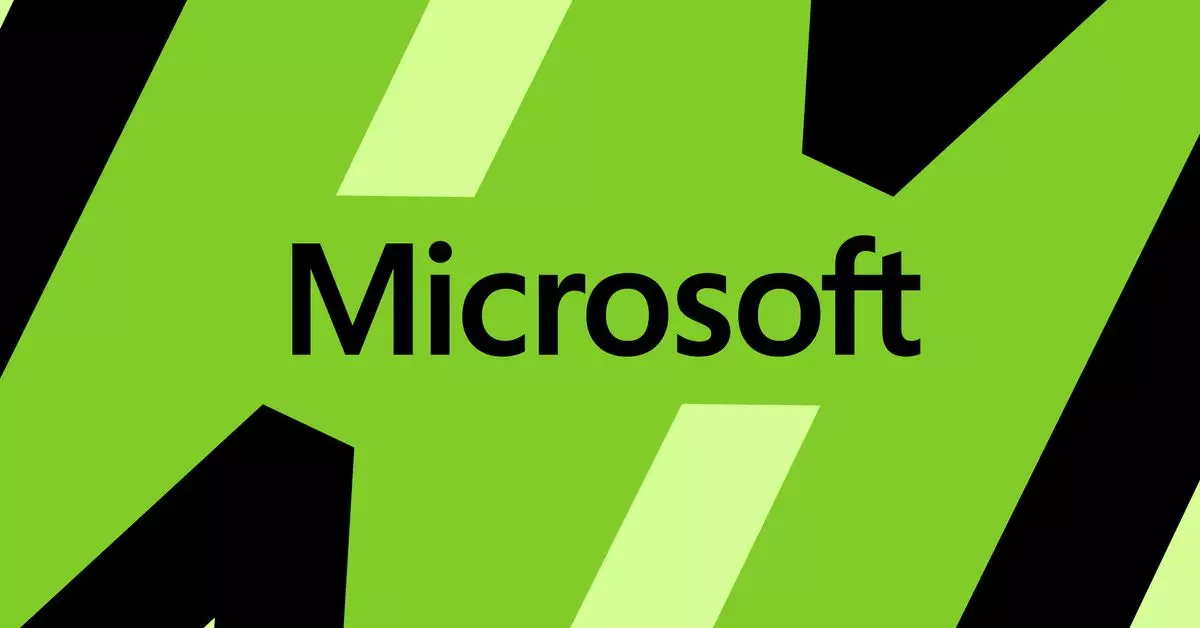Microsoft recently introduced Phi-3 Mini, the latest version of their lightweight AI model. This new model boasts 3.8 billion parameters and is trained on a smaller dataset compared to larger language models like GPT-3, positioning it as a cost-effective solution for personal devices.
Features of Phi-3 Mini
Phi-3 Mini marks the first of three small models that Microsoft plans to release. The company also has plans to launch Phi-3 Small with 7 billion parameters and Phi-3 Medium with 14 billion parameters. Parameters, in this context, refer to the complexity of instructions a model can process.
Performance and Capabilities
According to Eric Boyd, corporate vice president of Microsoft Azure AI Platform, Phi-3 Mini is as capable as larger language models like GPT-3.5, despite its smaller size. Microsoft claims that Phi-3 outperforms its predecessors and can deliver responses comparable to models ten times its size. This makes it an ideal choice for companies looking for cost-effective AI solutions.
Microsoft is not alone in the race for lightweight AI models. Competitors like Google and Meta have also developed their own small AI models targeting specific tasks such as document summarization and coding assistance. Google’s Gemma models are designed for chatbots and language-related tasks, while Meta’s Llama 3 8B is aimed at chatbots and coding support.
Developers at Microsoft used a unique approach to train Phi-3, drawing inspiration from how children learn from simplified language structures. By using a curated list of words to create “children’s books,” Phi-3 was able to build on the knowledge gained from previous iterations. While Phi-3 excels in coding and reasoning tasks, it may not match the breadth of knowledge offered by larger language models trained on vast datasets.
Boyd mentioned that smaller AI models like Phi-3 are often more suitable for custom applications within companies. Since many businesses have limited internal datasets, lightweight models can offer more practical and cost-effective solutions tailored to their specific needs.
The launch of Microsoft’s Phi-3 Mini signals a growing trend towards lightweight AI models that offer high performance at a lower cost. As companies continue to explore the potential of AI in various applications, models like Phi-3 are likely to play a crucial role in driving innovation and efficiency in the industry.


Leave a Reply